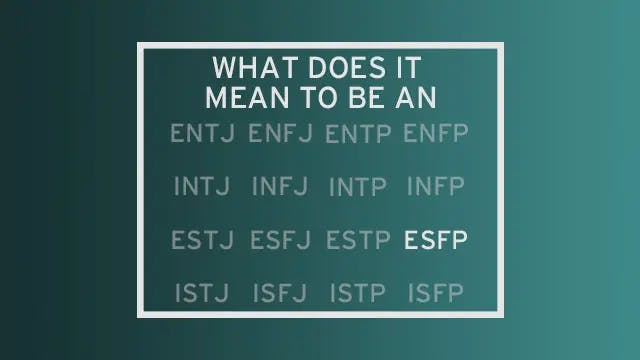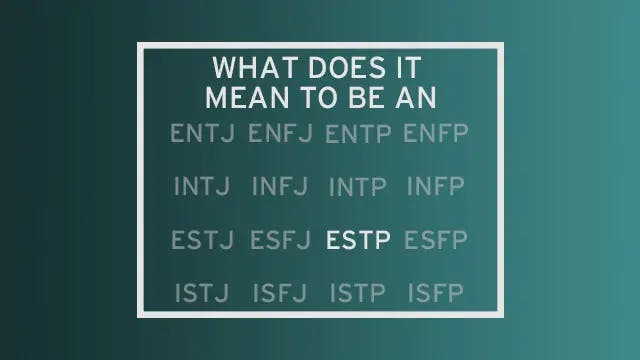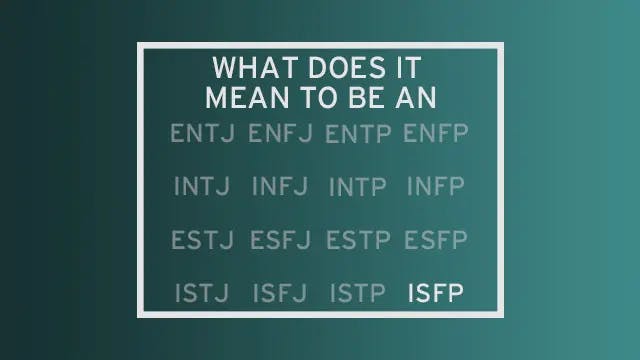
In this article, we take a look into the ESFJ personality type in the context of the Myers-Briggs Type Indicator (MBTI), and we explore how ESFJs can connect with Jesus. Also known as the “Consul” type, ESFJs are described as extraverted individuals who thrive in social settings, enjoy planning events, and value harmony and caring for others. They are practical and detail-oriented, and their preference for structure and order makes them reliable and organized.
When it comes to connecting with Jesus, ESFJs can relate to His compassionate nature and teachings on love, compassion, and service. They often find faith to be a communal experience and may be involved in group worship, Bible study, and church communities. They appreciate the practical application of Christian teachings, such as helping the needy. ESFJs may also find inspiration in the structured aspects of religious practice, such as regular attendance, prayer, and adherence to liturgical calendars. Emulating Jesus's teachings in their daily lives aligns with the ESFJ's natural disposition to help others.
The Basics of Being an ESFJ
ESFJs are often the life of the party, bringing warmth, energy, and enthusiasm wherever they go. They're extraverts, which means they enjoy being around people and draw their energy from interacting with others. A quiet night at home is not typically ideal for an ESFJ. They thrive on the buzz of social engagement, and they're often the ones you'll find planning events, celebrations, and gatherings.
However, they're not just social butterflies. As sensing types, ESFJs are practical and grounded in reality. They're great at noticing details and remember specifics about people, making those around them feel valued and important.
Feeling types, ESFJs lead with their hearts. They value harmony and care deeply about others' feelings. They're often the first to lend a helping hand or a listening ear.The judging aspect of their personality means they prefer structure and order. They like to have a plan, and they're often quite organized. They're known for their reliability and conscientiousness.
Connecting with Jesus as an ESFJ
ESFJs can often relate to Jesus' compassionate nature, given their empathetic hearts. They can appreciate His role as a teacher and a healer, as ESFJs often gravitate toward nurturing roles themselves.
For ESFJs, faith is often very communal. They may thrive in group worship settings, Bible study groups, or church communities, where they can both learn and contribute to the spiritual growth of others. They are also drawn to the practical application of Christian teachings - they're likely to be moved by Jesus' emphasis on loving others, feeding the hungry, and helping the poor.
ESFJs may also find inspiration in the structured aspects of religious practice. This could be regular church attendance, daily prayer, or following a yearly liturgical calendar.
Finally, ESFJs can connect with Jesus by emulating His teachings in their daily lives. The ESFJ's natural disposition to help others aligns perfectly with Christ's message of love, compassion, and service.
If you're an ESFJ, remember, your love for people, practical nature, and desire for structure are all beautiful strengths. Embrace them, and let them guide you in your spiritual journey. However, keep in mind that there's no one-size-fits-all approach to faith - it's a deeply personal journey. So whether you're an ESFJ or any other personality type, the most important thing is to find what feels authentic and meaningful to you.



